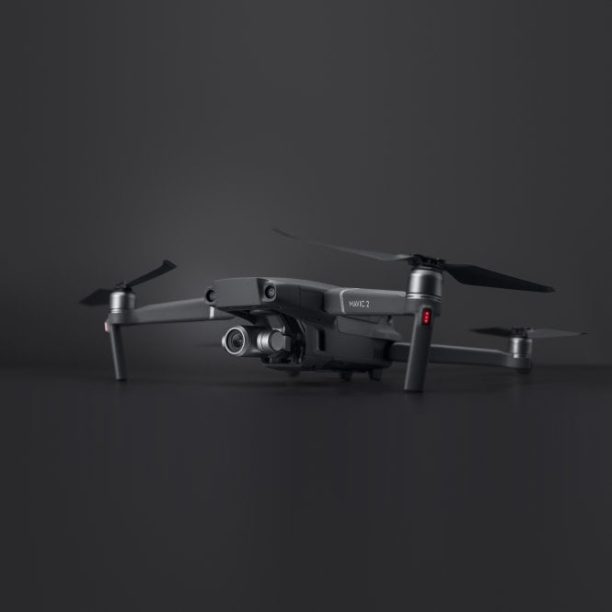The International Organization for Standardization (ISO) has published a set of global standards for drone operations around the world. The aim is simple: to keep manned aircraft and the public safe and improve accountability among drone pilots.
The ISO has released a draft set of standards as part of a public consultation open until January 21st, 2019. The standards suggested are expected to be adopted worldwide in 2019.
A voluntary code of practice
So what does this all mean? Well, if we’re honest, not a huge amount. These standards are not compulsory. And, in some cases, rather than setting the way forward, the ISO appears to be lagging behind rules and regulations already in place in many countries around the world.
For example, the standards call for no-fly zones to be implemented around airports and sensitive locations and for geo-fencing to be used to stop flights in restricted areas.
However, there are some interesting additions. These include introducing training and maintenance standards, the requirement for drone operators to log flights in more detail, the requirement that hardware and software used is up to date, and ‘etiquette’ around drone use.
The current regulations, according to Robert Garbett, convener of the ISO working group responsible for global drone operational standards, “are not fit to enable the industry to develop”.
“Everybody across the industry believes drones can be safe and of great benefit to mankind. Operators and service providers alike are keen to establish a baseline. An industry that is moving so fast needs to be standards-led, not regulation-led. It is not efficient,” he said.
The standards, although no will “we hope, become best practice”.
The ISO is planning to introduce further standards relating to general specifications and manufacturing quality in the future.
Malek Murison is a freelance writer and editor with a passion for tech trends and innovation. He handles product reviews, major releases and keeps an eye on the enthusiast market for DroneLife.
Email Malek
Twitter:@malekmurison
Subscribe to DroneLife here.
